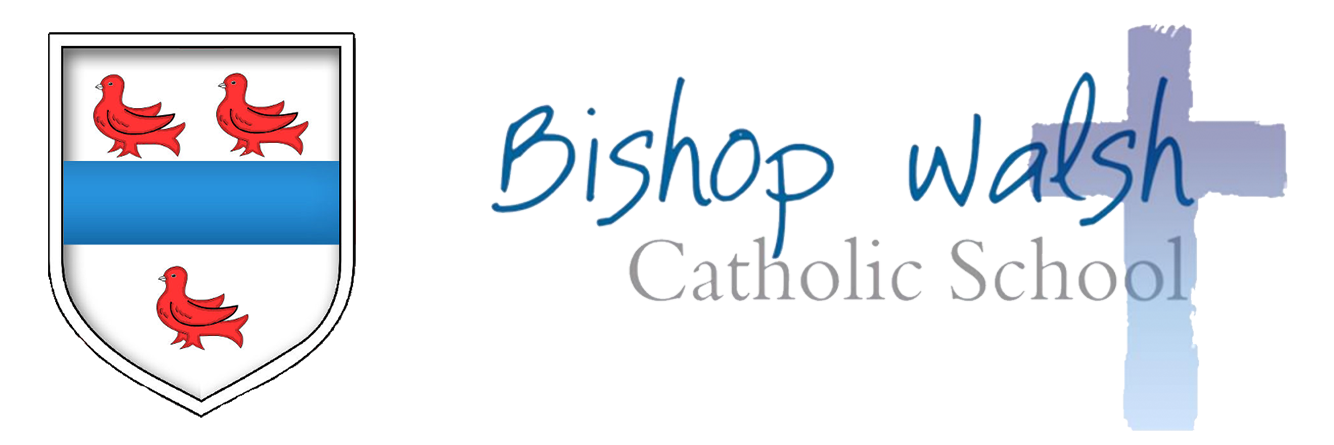Teaching & Learning
History
Reading List:
Horrible Histories
Folens History textbooks (KS3):
Invasion, plague and murder. (Folens Ltd.)
Renaissance, revolution and reformation. (Folens Ltd.)
Technology, War and Identities. (Folens Ltd.)
Textbooks: Pearson Edexcel GCSE (9-1) History
Medicine in Britain 1250-Present and The British sector in the Western front, 1914-18: injuries, treatment and the trenches. (Pearson Education Ltd)
Henry VIII and his ministers, 1509-40. (Pearson Education Ltd.)
Superpower relations and the Cold War. (Pearson Education Ltd.)
Weimar and Nazi Germany 1918-1938. (Pearson Education Ltd
Wider reading:Animal Farm (communism).
Fog of War (Cold War).
Useful Websites:
BBC Bitesize
BBC History
KS3
Intent and Knowledge Entitlement:
A high-quality history education will help pupils gain a coherent knowledge and understanding of Britain’s past and that of the wider world. It should inspire pupils; curiosity to know more about the past. Teaching of the curriculum will equip pupils to ask perceptive questions, think critically, weigh evidence, sift arguments, and develop perspective and judgement. History helps pupils to understand the complexity of people’s lives, the process of change, the diversity of societies and relationships between different groups, as well as their own identity and the challenges of their time. This all builds upon British values that are promoted nationally and by Bishop Walsh. Tolerance, democracy, mutual respect etc. are seen constantly throughout the teaching of the course—ranging from the history of these values to the purpose of them and how they are applied in society today.
Skills Entitlement:
The KS3 History course will allow students to know and understand the history of Britain as a coherent, chronological narrative, from 1066 to the present day: how people's lives have shaped this nation and how Britain has influenced and been influenced by the wider world; know and understand significant aspects of the history of the wider world; the expansion and dissolution of empires; characteristic features of past non-European societies; achievements and follies of mankind; to gain and deploy a historically grounded understanding of abstract terms such as 'empire', 'civilisation', 'parliament' and 'peasantry'; to understand historical concepts such as continuity and change, cause and consequence, similarity, difference and significance, and use them to make connections, draw contrasts, analyse trends, frame historically-valid questions and create their own structured accounts, including written narratives and analyses; to understand the methods of historical enquiry, including how evidence is used rigorously to make historical claims, and discern how and why contrasting arguments and interpretations of the past have been constructed .
KS4
Intent and Knowledge Entitlement:
The GCSE history specification at Bishop Walsh supports students in learning more about the history of Britain and that of the wider world. The study of history at GCSE inspires students to deepen their understanding of the people, periods and events studied and enable them to think critically, weigh evidence, sift arguments, make informed decisions and develop perspective and judgement. This, in turn, will prepare them for a role as informed, thoughtful and active citizens. The discipline of history and a knowledge and understanding of the past will also help them to understand their own identity and significant aspects of the world in which they live, and provide them with the basis for further wider learning and study.
Skills Entitlement:
The GCSE history specification will develop and extend students' knowledge and understanding of specified key events, periods and societies in local, British, and wider world history; of the wide diversity of human experience; to engage in historical enquiry to develop as independent learners and as critical and reflective thinkers; to develop the ability to ask relevant questions about the past, to investigate issues critically and to make valid historical claims by using a range of sources in their historical context; to develop an awareness of why people, events and developments have been accorded historical significance and how and why different interpretations have been constructed about them; to organise and communicate their historical knowledge and understanding in different ways and reach substantiated conclusions.

